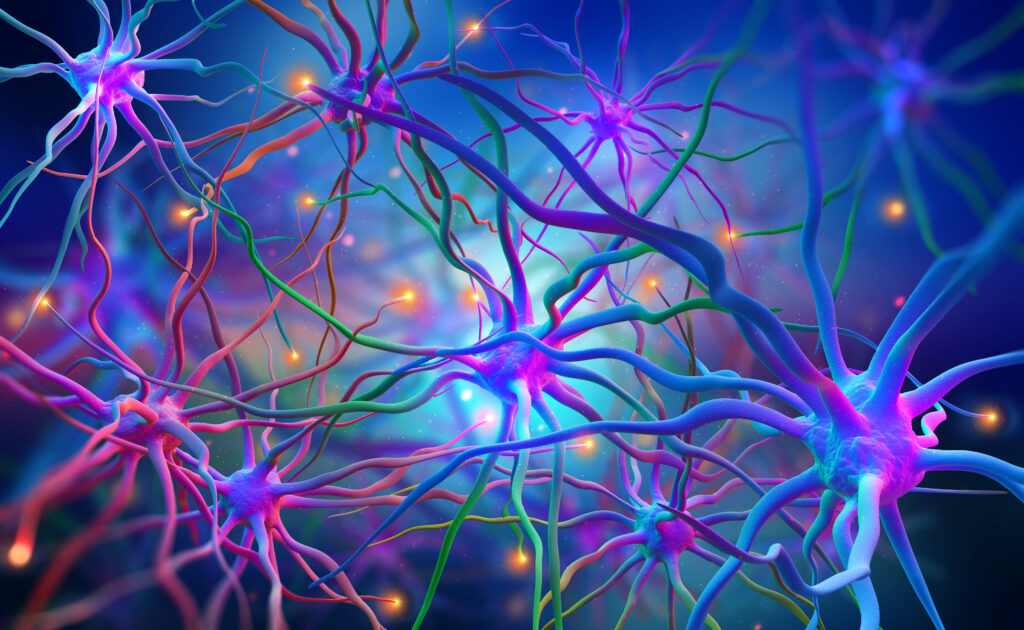Tag: Phytoremediation
Phytocleaning our planet

Life on Earth has multiple forms. Humans make up only 0.01% of Earth’s total biomass, while plants total a whopping 82.4%. Yet the value of plants is often neglected. Humans have thrived on this planet because of the other life that Earth protects. Advances in human civilisation, such as industrialisation, have polluted the planet, thereby affecting all living organisms. Efforts […]
Research Outreach – Issue 133: Bee farming, electrical eye activity, and IP disputes

In the last issue of 2022, Research Outreach contains a sparkling array of articles covering the latest studies into topics such as intellectual property, health and gender inequality, and an eye-opening experiment on detecting vision problems in alcoholics. We feature some fascinating interviews, talking to leaders in their fields about the importance of critical pedagogy and how a programme assessing […]
Read More… from Research Outreach – Issue 133: Bee farming, electrical eye activity, and IP disputes
Phytoremediation: Using native vegetation to stabilise heavy metal contaminants at polluted sites

Elevated concentrations of heavy metals at polluted sites represent serious human health hazards and environmental threats. Persistent metal pollution is hard to remedy but one possible and effective method is phytoremediation, using plants to stabilise the metal pollution and ameliorate the contaminated soil properties. Across 20 years of research, Drs Madeleine Günthardt-Goerg and Pierre Vollenweider of the Swiss Federal Institute […]